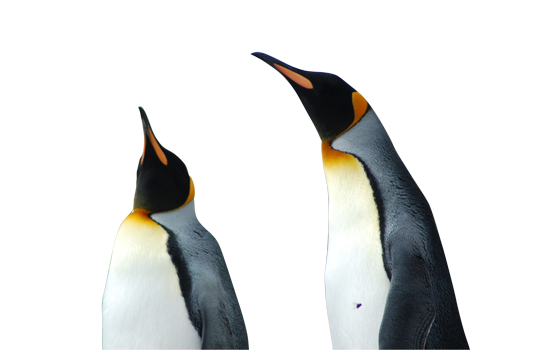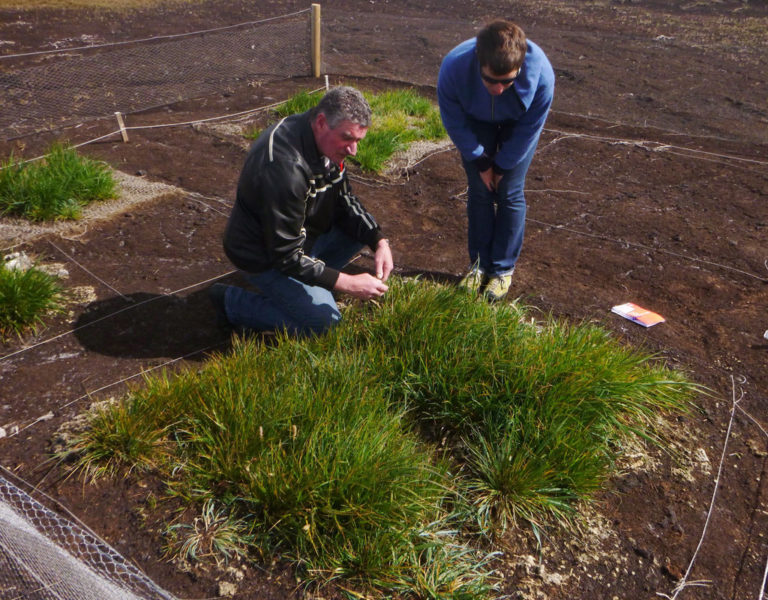
About us
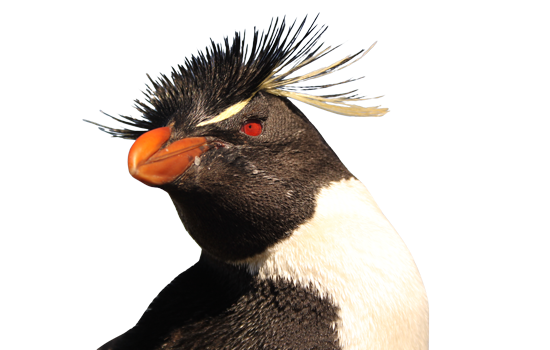
Falklands Conservation is a non-governmental organisation working to protect the wildlife in the Falkland Islands for future generations. We undertake practical conservation projects, surveys and scientific studies, conduct annual monitoring of seabird populations, rehabilitate oiled penguins, publish guides and information on many aspects of the Falkland Islands environment, and involve Islanders of all ages in our activities. We rely on donations and public support to carry out our work.

What we do
Falklands Conservation is the largest membership-based conservation charity in the Islands, since 1979. We work on behalf of our members and in partnership with the local and international community to conserve the Falklands’ natural environment through community outreach, practical conservation research and delivery.
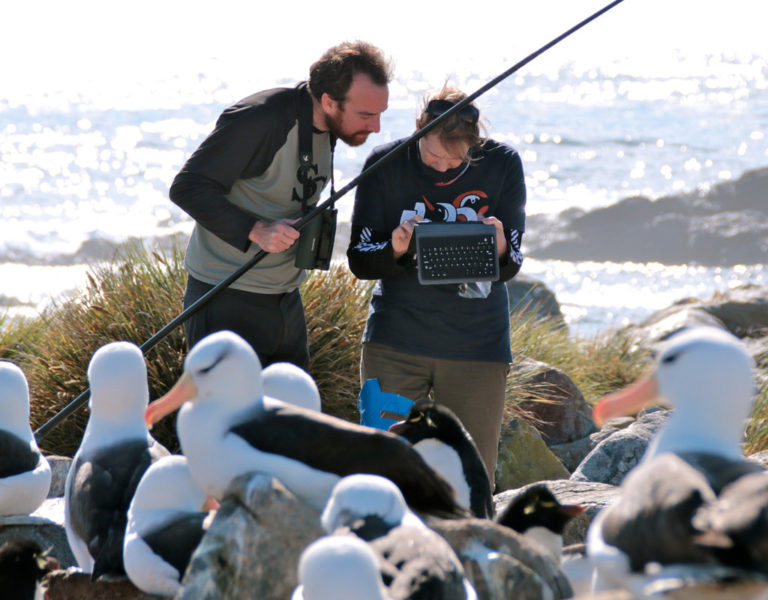
The Team
We are a small team, with 10 staff based at our head office in Stanley running our main conservation efforts, and 1 staff member based in our UK office. We rely on a number of volunteers and Trustees both in the UK and in the Falklands. They are all vitally important in enabling us to undertake our work.
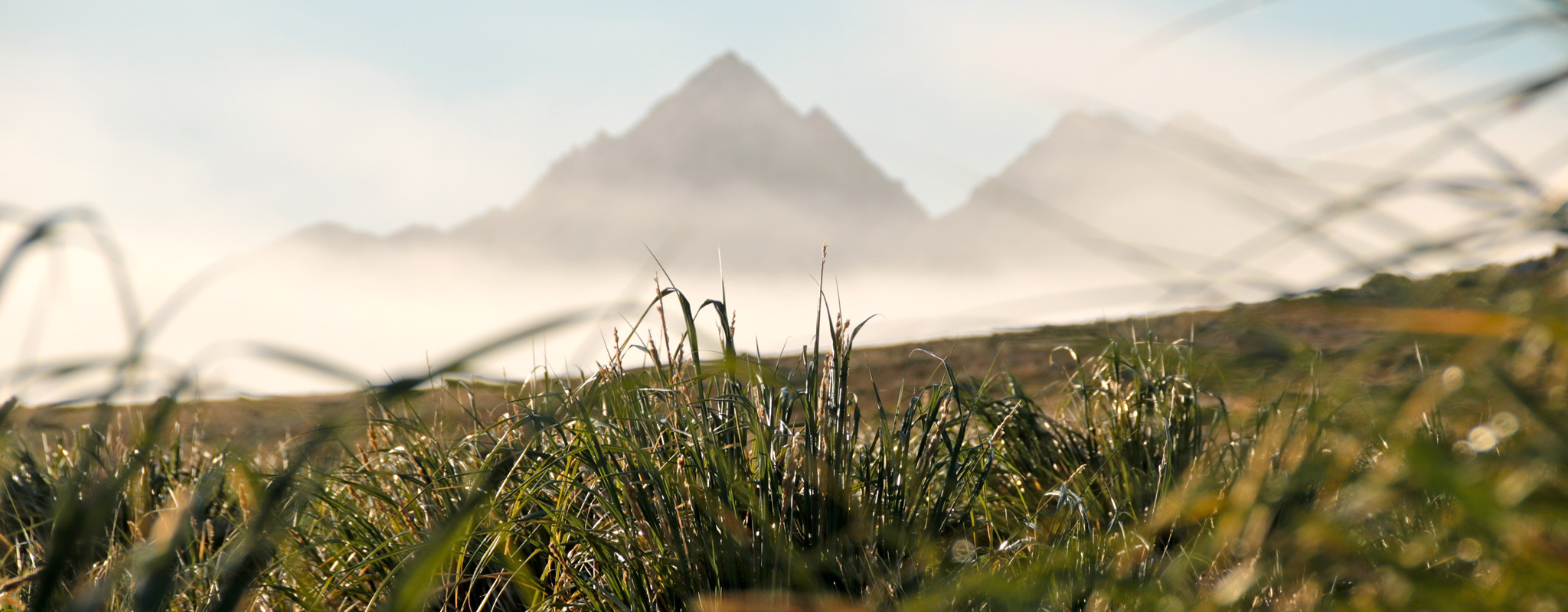
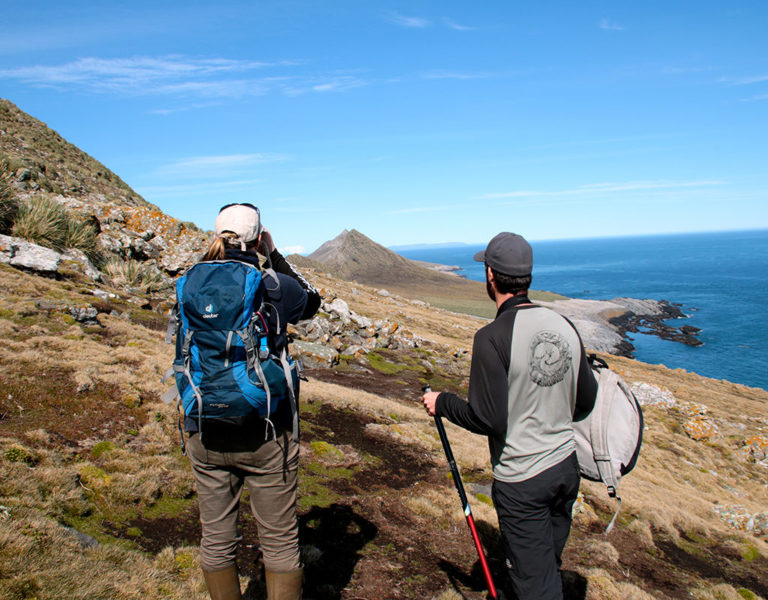
Protection of our environment
Falklands Conservation has been working to protect the wildlife of the Falklands for over 30 years. The organisation has worked to protect sensitive and important sites for wildlife; 22 Important Bird Areas have been designated along with 16 Important Plant Areas
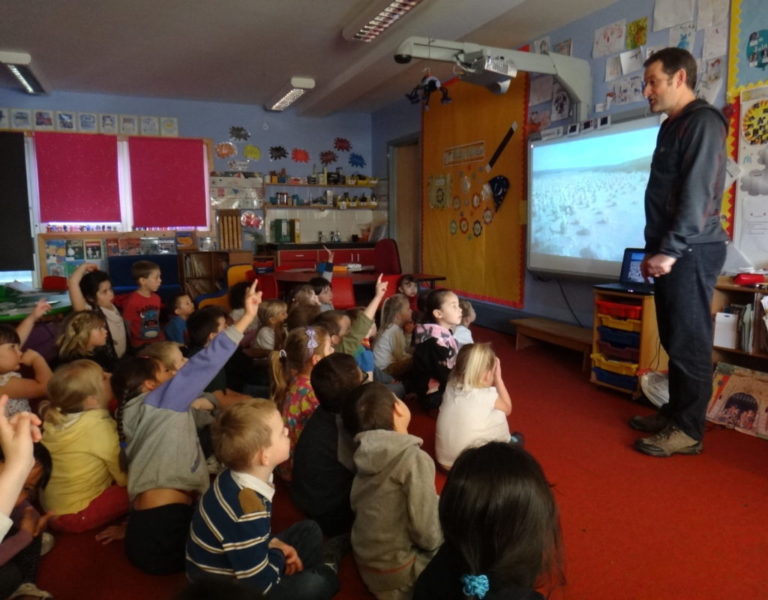
Education, Outreach and Community Events
We liaise with all aspects of the community, to educate and enthuse about the importance of conservation and the environment. We collaborate with schools to give lessons, assemblies and assist with school trips with an environment or conservation focus.
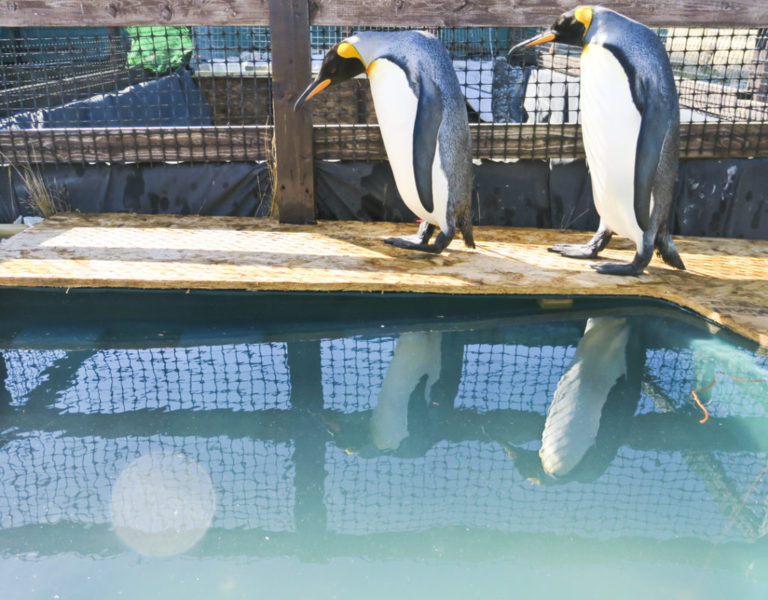
Thanks and Acknowledgements
None of our work would be possible without our members, corporate supporters and penguin adopters, who support our important conservation work with generous donations, ideas, advice, and their belief in the work we undertake.
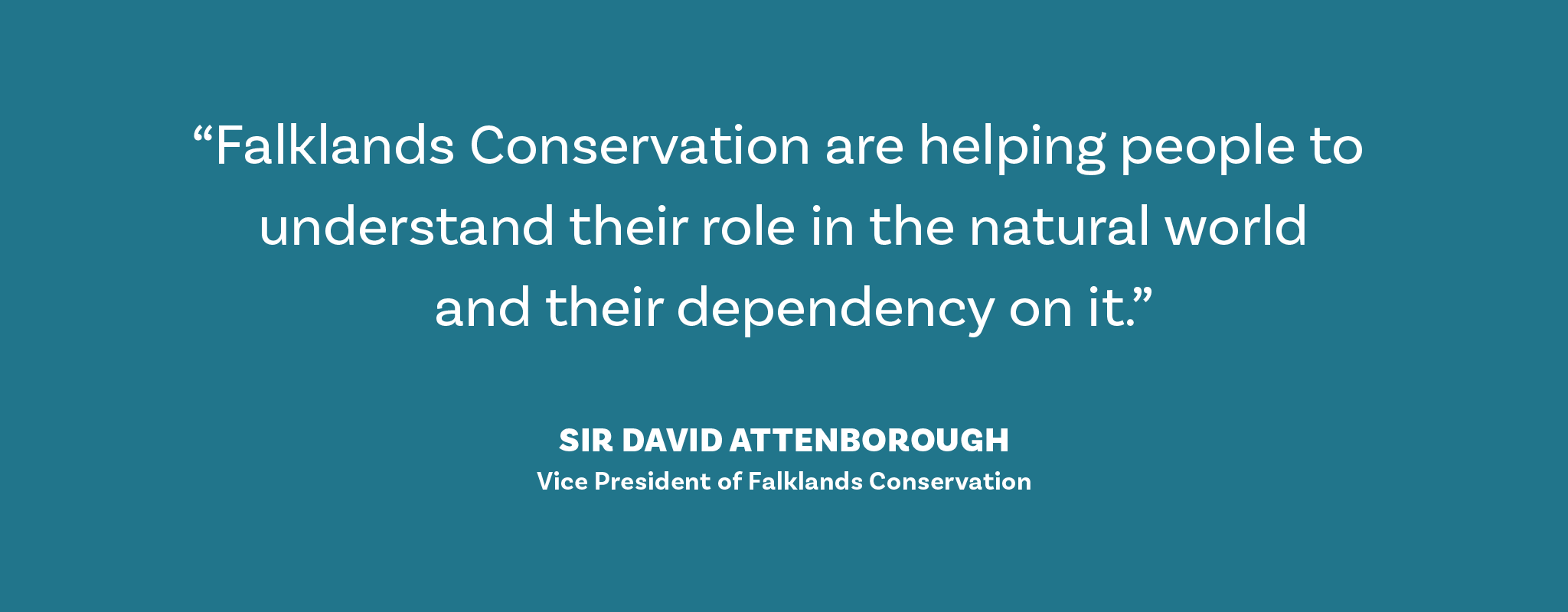
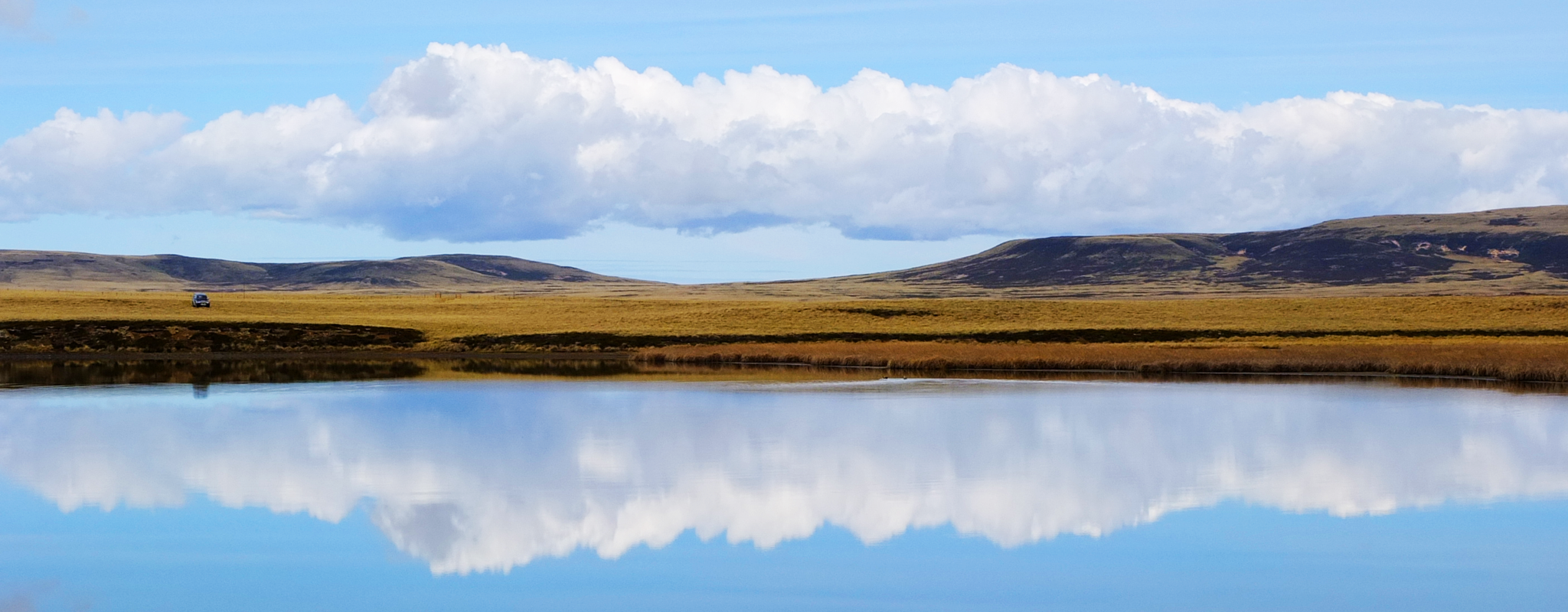
FALKLANDS CONSERVATION TIMELINE
Peter Scott sets up Foundation
Whilst visiting the Falkland Islands, Sir Peter Scott and other naturalists decided to set up a UK registered charity, The Falkland Islands Foundation (FIF), to protect the Islands’ wildlife and its historic wrecks.
The Falkland Islands Trust (FIT) is formed in the Islands.
Following the Falklands War in 1982, FIF becomes a membership-based organisation.
Falklands Conservation is formally launched on 1 August by Sir David Attenborough, following a merger between FIF and FIT
The first issue of FC magazine ‘The Warrah’ appeared in November.
Increasing tourism begins to raise questions about wildlife disturbance and site protection
First community beach clean is held at Hadassa Bay, Port William, on 18 March.
The first Island wide penguin census (Gentoo, Rockhopper and King) is carried out
A coastal baseline study is undertaken prior to hydrocarbon exploration.
The Stanley office moves to new premises on Ross Road
Falklands Conservation changes from a trust to a company limited by guarantee
Penguin migration movements in winter are investigated.
The Watch Group launched for junior members
The Native Plants Survey launched with FC working through a Darwin Initiative funded plants programme.
Following extensive advice and preparation of draft legislation by FC, the Conservation of Wildlife & Nature Ordinance came into force on 1 November 1999 extending, updating and revising previous nature conservation laws.
FC joins the UK Overseas Territories Conservation Forum. Staff receive training in Oil Spill Management.
A second census of Falkland penguins is carried out showing an increase in numbers
A census of the Falklands’ black-browed albatrosses showed a population decline of 17,000 pairs per year from 1995/96.
The Falkland Islands National Herbarium is set up.
Collection of FI native seeds begun as part of the UK Millennium Seed Bank project
Action on invasive plants was begun with clearance of thistles on Saunders Island.
Collection of albatross eggs becomes illegal.
Small Grants Scheme launched for local conservation projects
FC becomes Partner-designate in Birdlife International and takes part in BirdLife’s global meeting.
Island-wide surveys (conducted every five years) of albatrosses and penguins
Reveal further declines in numbers, but a huge reduction in seabird mortality in Falkland waters following introduction of mitigation measures, trialed by Falklands Conservation. New Breeding Birds Survey is launched.
A long-term albatross demographic programme was started on Steeple Jason Island
An oiled wildlife contingency plan is drafted after the sinking of a fishing trawler in Berkeley Sound and the subsequent rehabilitation of oiled Gentoo penguins
Saw the 4th Falkland Island Wide Seabird Surveys
In 28 days, over 300,000 penguins and 400,000 albatross pairs surveyed by a 12 person team.
25 years of Seabird monitoring
The Black-Browed Albatross Study continued for its 8th year on Steeple Jason
Adult birds and chicks within the study site were ringed, and the information will be useful in the long term in assessing the survival of individual birds.
The wildlife Rehabilitation Centre is finished and open for use, with its first visitor
Comprehensive new plant guide launched, in collaboration with Royal Botanic Gardens Kew
Publication of a comprehensive and long-overdue guide to over 400 plant species found in the Falkland Islands; a valuable tool for professional botanists and keen amateurs alike.
Merger with the New Island Conservation Trust
Falklands Conservation merged with the New Island Conservation Trust to secure long-term conservation of the extraordinary wildlife and heritage of New Island.
